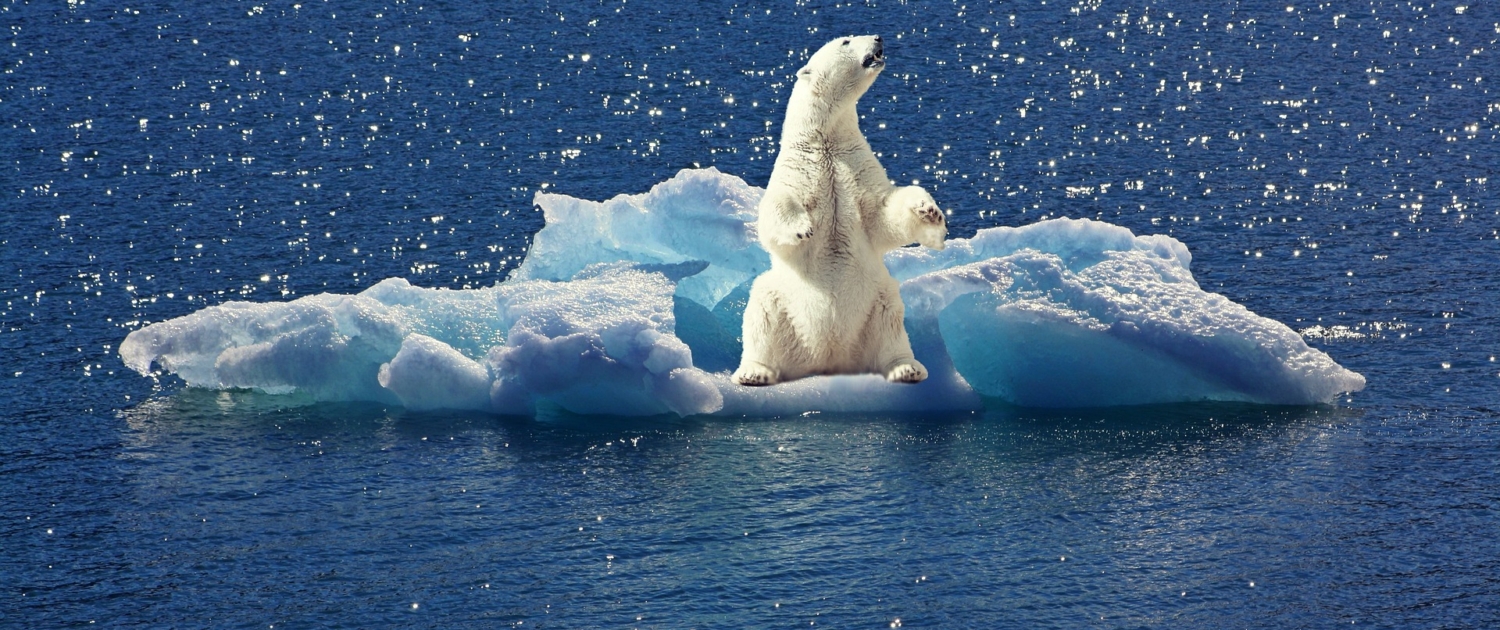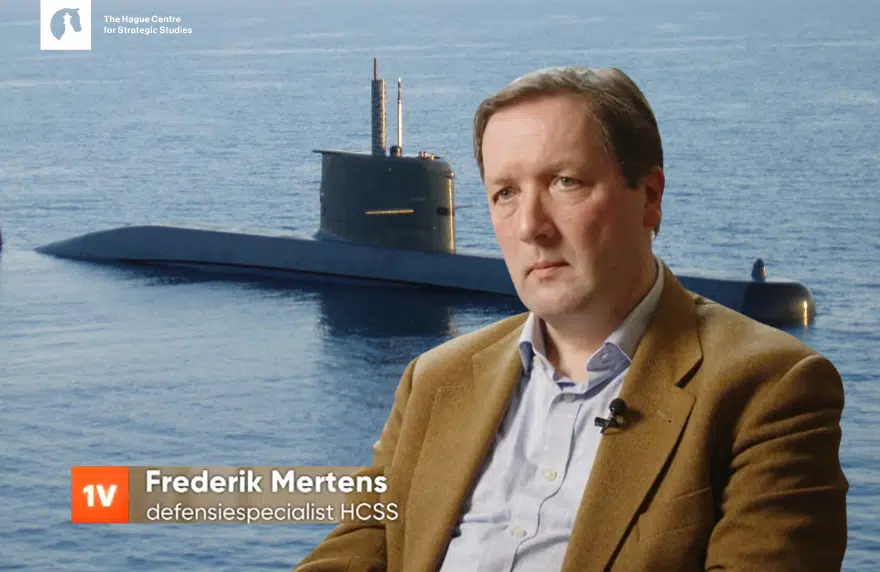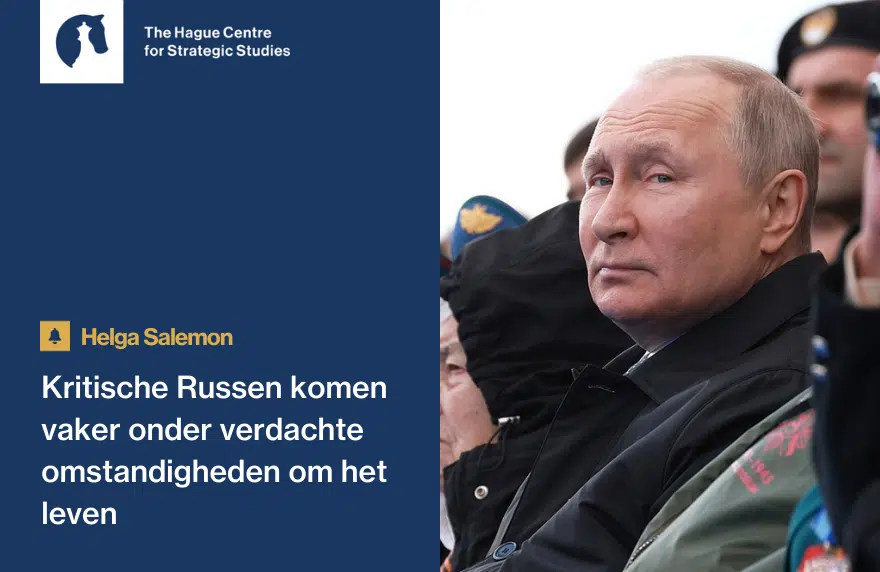Ooit van Svante Arrhenius gehoord? Deze Zweedse wetenschapper schreef al in 1896 over de relatie tussen de uitstoot van CO2 en de temperatuurstijging op aarde. Hij zag industrialisatie als een van de boosdoeners.
Sinds die tijd heeft het debat over klimaatverandering een zorgwekkend verloop gekregen. De discussie begon met een waarschuwing over de gevolgen van broeikasgassen. Vervolgens werd gediscussieerd over het voorkomen van klimaatverandering. En nu zijn we naar aanleiding van het recente VN-klimaatrapport bij de vraag aangekomen hoe we een catastrofe kunnen voorkomen. Want die zal volgens de klimaatwetenschappers ontstaan als de temperatuur met meer dan anderhalve graad stijgt. Om draconische maatregelen te nemen hebben we nog een jaar of twaalf. Het schokeffect dat ooit door de wereld ging toen de Amerikaan Jim Hansen in 1988 het Amerikaanse Congres voor de opwarming van de aarde waarschuwde heeft tot niets geleid.
Wie erkent hoe het klimaatdebat sinds Arrhenius is verlopen krijgt respect voor het optimisme van Diederik Samsom, een van de onderhandelaars voor het Nederlandse klimaatakkoord. Hij zag afgelopen zondag in ‘Buitenhof’ dat de wereld nog wel degelijk gered kan worden. Technisch schijnt het niet eens zo’n probleem te zijn. Dat blijkt bijvoorbeeld uit het aantal windmolens dat inmiddels is geplaatst. Maar die windmolens laten ook zien wat het echte probleem is: de mens zelf. We willen die dingen niet in onze achtertuin.
We zijn bovendien goed in het bagatelliseren van de situatie en het uitstellen van maatregelen. Verzekeraar Roberts vroeg zich onlangs in The New York Times af waarom mensen in hun huizen blijven, terwijl ze weten dat een storm die zal verwoesten. Het antwoord? Ontkenning! Gewoon de waarheid niet onder ogen willen zien. Het zal wel meevallen. Dat soort redeneringen. Cognitieve dissonantie heet dat ook wel. Wat maakt die anderhalve graad uit? En twaalf jaar duurt toch nog lang? We negeren bewust complexe problemen waar we toch geen invloed op denken te hebben.
Wie betaalt de waanzin?
We lopen achter politici aan die zeggen dat het allemaal flauwekul is. Wilders twitterde naar aanleiding van een doorrekening van de kosten om Nederland rond 2050 klimaatneutraal te krijgen dat ‘de gewone Nederlander deze waanzin mag betalen’.
Zo’n tweet heeft effect als wetenschapsjournalist Marcel Crok in de Volkskrantbetoogt dat door de voorgenomen CO2-reductie van de regering de aarde met 0,0003 graden afkoelt. NRC factcheckte dit en gaf hem gelijk. Nederland is verantwoordelijk voor 0,35 procent van de mondiale uitstoot, dus heeft het op zich weinig zin wat Nederland doet. En wat maakt het uit wat ons land doet als Trump het klimaatakkoord van Parijs opzegt? Sinds deze week vindt ook hij dat klimaatverandering geen hoax is, maar hij ontkent wel dat mensen er verantwoordelijk voor zijn.
De voorwaarden voor een energietransitie zijn dus niet goed en de neiging om als land niet als eerste te handelen is groot. Om te winnen moet je samenwerken, wist Benjamin Franklin al. Zijn ‘we must hang together, or we shall hang separately’ is in de internationale strijd tegen de opwarming van de aarde wel erg actueel.
Lees wekelijks de column van Rob de Wijk in Trouw!






